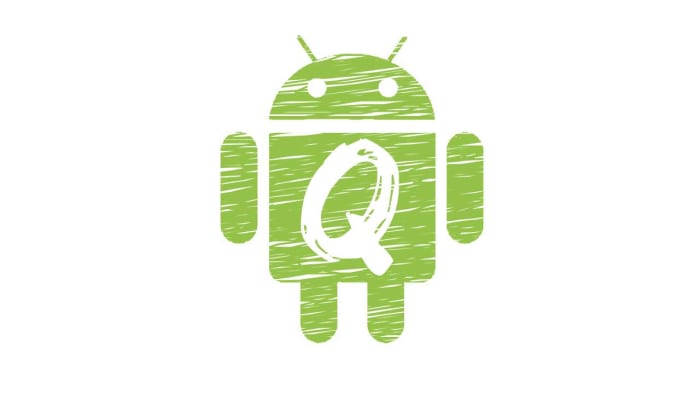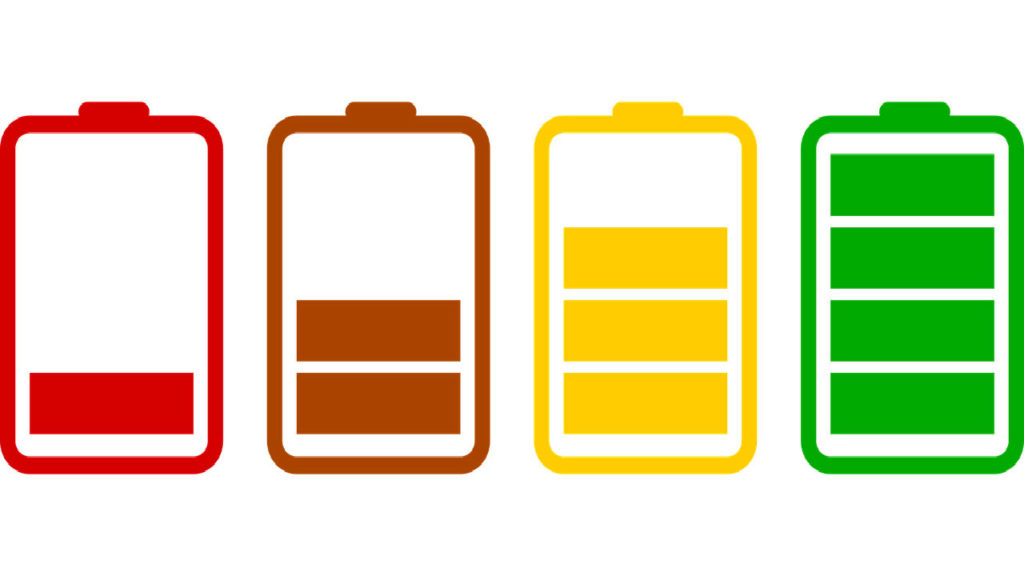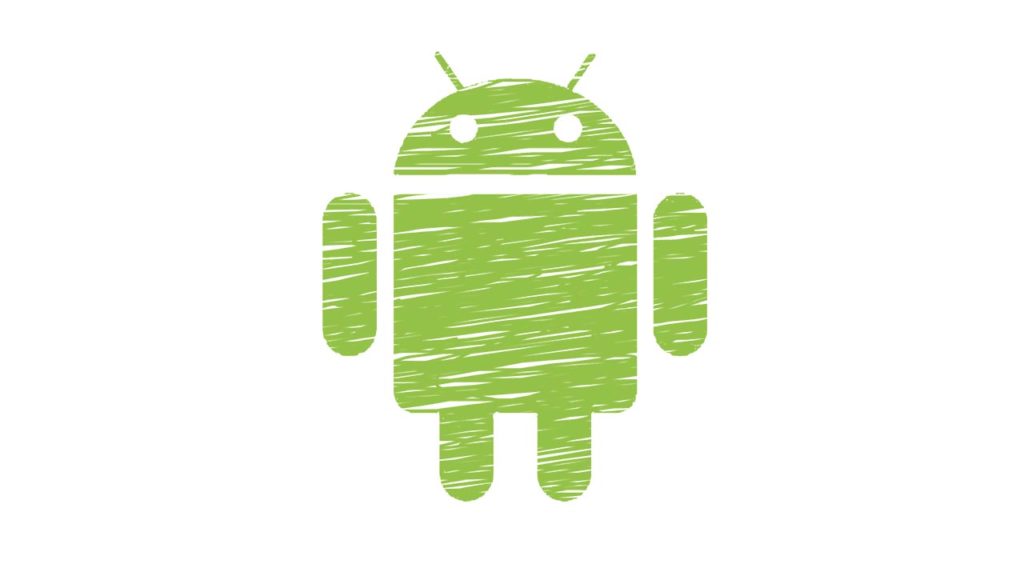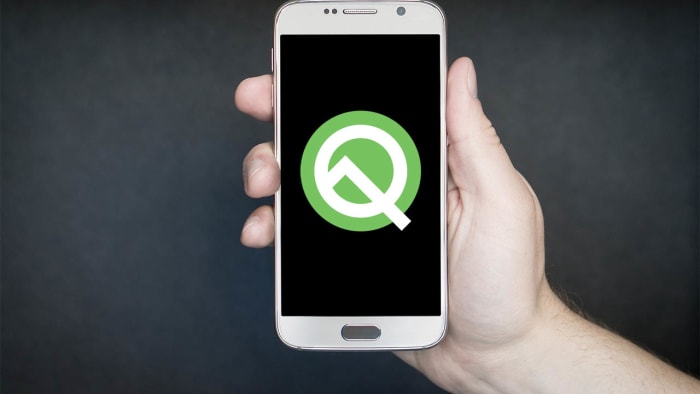Google’s mobile operating system Android has had some whacky names through the years. There’s been Android KitKat, Android Oreo and the latest incarnation is Android Pie. Each year, as Google has released an updated version of Android it has moved one letter along the alphabet and picked a sweet treat beginning with the corresponding letter to name the newest version of Android after.

This is a well-established practice, so much so that many analysts have been bending over backwards trying to think of a sweet treat beginning with the letter Q to follow up on Android Pie. The best they’ve come up with is quince, which let’s be honest isn’t that much of a treat. It all looks set to change anyway, however, as Google has made a couple of announcements regarding the next version of Android.

How to save battery on your Android
Read nowThe next version of Android will be called Android 10 and will start rolling out to Pixel phones on Tuesday September 3
Yep, you’ve read that right, Google is dropping the sweet treat naming practice for Android. In a recent blog post the internet giant announced that Android Q will in fact be called Android 10. According to the blog post the original naming practice was only meant to be for internal code names of each Android build but that it developed into a fun part of the external releases too. Over the years though, basing the different versions on letters of the alphabet rather than numbers has raised a number of issues due to the global reach of Android.

VP of Product Management at Android, Sameer Samat, describes the problems in the Google blog post like this, “For example, L and R are not distinguishable when spoken in some languages. So, when some people heard us say Android Lollipop out loud, it wasn’t intuitively clear that it referred to the version after KitKat. It’s even harder for new Android users, who are unfamiliar with the naming convention, to understand if their phone is running the latest version.” The alphabet isn’t the same everywhere around the world and language phonetics raise up more complications. If you add the fact that not everybody is familiar with the Android naming convention, you have a confusing concept that could see Android users not knowing how new or old their version is.

Is Google about to kill Android?
Find out nowWe’re not even going to get into the verbal gymnastics that went on in order to find sweet treats that begin with each letter of the alphabet. Can you really class pie and marshmallows as the same types of anything? We’re not so sure.
So, all this means that Android Q has become Android 10 for the sake of clarity.
You don’t get, if you don’t ask
The other big Android news coming out of Google HQ, is a confirmed release date for the new and rebranded version of Android. According to a report by Phone Arena, which cites two independent Google support agents, Android 10 should start rolling out to Pixel phones on September 2.

If you’re wondering what a Google Support Agent is exactly, you’ll likely be surprised to hear that we’re talking about customer support agents. Again, we have to stop you and tell that you did, in fact, read that right. Two Google support agents have given out information about Android 10’s release date that hasn’t even been released to the press yet. They did so to answer to a couple of support queries placed by Pixel phone users.

This juicy piece of customer support information means that all Pixel 3/3XL, 3a/3a XL, 2, 2XL, and even original Pixel and Pixel XL owners will likely see the Android 10 update arriving on their phones from Tuesday. This is particularly good news for owners of the original Pixel whose smartphones now lie outside of their official 2-year support window.
This is of course only relevant, if you own a Pixel smartphone. Owners of other Android smartphones like the Samsung Galaxy S10 and the Galaxy Note 10 will have to wait a little longer. Best estimates place these phones as getting the Android 10 update sometime between late December of this year and early March of next year with other smartphones seeing the update even later.
Is the Android 10 update a big deal?
As well as a more mature naming convention, Android 10 is bringing with it a number of interesting features. We’ve already reported on a few key features including forced gesture control, with the removal of the back button and also the introduction of facial recognition security features like those found on the iPhone X. The latter, however, will require specialized technology so will likely only work properly on newer smartphones that have been built with the feature in mind.

Other big features shipping with Android 10 include improved digital wellbeing features, suggested actions, 5G support, a system-wide dark mode, and seamless background updates. There is also support for foldable phones but as hardware manufacturers like Samsung and Huawei have continuously run into difficulties developing these new types of phone, this feature will likely sit dormant for quite some time.
So, with all that then, you’re up to date on all things Android Q or should we say Android 10. From now on Android updates will increase numerically and if you’re a Pixel owner, you should have access to all of Android 10’s newest features from Tuesday this week. Global roll-outs of software updates often take time, however, so there is a chance your device might not get the update for a day or two. It is coming though, so be patient.


